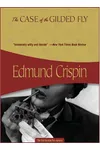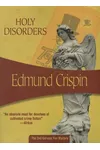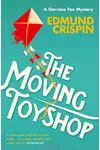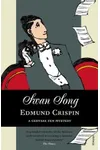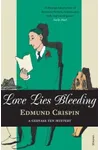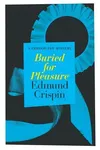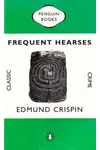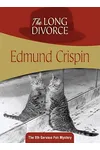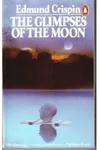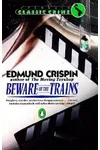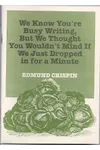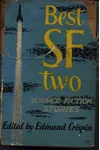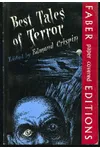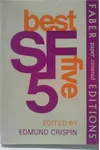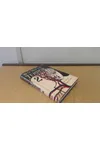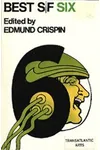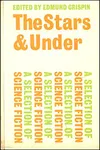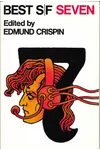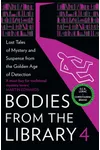Picture a British maestro who spun witty detective tales and catchy film scores with equal flair—meet Edmund Crispin! Born Robert Bruce Montgomery, this multifaceted talent blended the charm of Oxford’s academic halls with the hilarity of classic crime fiction. His Gervase Fen novels, brimming with clever plots and cheeky humor, remain treasures of the genre, while his music for the beloved Carry On films still sparks smiles.
Crispin’s life was a symphony of creativity, balancing the discipline of composition with the mischief of mystery writing. Despite personal struggles, his work continues to captivate, proving that a good story—or a great tune—can outlast any challenge.
The Making of Edmund Crispin
Born on October 2, 1921, in Chesham Bois, Buckinghamshire, Robert Bruce Montgomery grew up in a family with Irish and Scottish roots. Educated at Merchant Taylors’ School and later St John’s College, Oxford, he shone as an organ scholar and choirmaster, nurturing a lifelong love for music. By 1943, with a degree in modern languages, he was already composing choral works and penning his first novel under the pseudonym Edmund Crispin—a nod to a character in Michael Innes’s Hamlet, Revenge!. His early career blended teaching with creative pursuits, but he soon embraced writing and composing full-time, fueled by friendships with literary giants like Philip Larkin and Agatha Christie.
Edmund Crispin’s Unforgettable Stories
Crispin’s detective novels, starring the eccentric Oxford don Gervase Fen, are masterclasses in wit and intricacy. His debut, The Case of the Gilded Fly (1944), sets a playful tone with a locked-room mystery unfolding amid a theatrical troupe. The Moving Toyshop (1946), his most famous work, follows poet Richard Cadogan as he stumbles into a vanishing toyshop and a murder, with Fen unraveling the chaos in farcical style. Swan Song (1947) dives into the opera world, blending romance and murder, while The Long Divorce (1951) showcases Crispin’s growing knack for tighter plots and richer characters.
Crispin’s style is a delightful cocktail of humor, literary references, and complex puzzles. His novels often break the fourth wall, winking at readers with a nod to their fictional nature. Packed with Oxford’s quirks and nods to Shakespeare, Wagner, and poetry, they’re both brainy and accessible, earning praise as some of the last great classic crime mysteries. Beyond novels, Crispin composed scores for nearly 40 films, including six Carry On classics, and edited influential sci-fi anthologies, showcasing his versatility.
Why Edmund Crispin Matters
Edmund Crispin’s legacy sparkles in both literature and music. His Gervase Fen series inspired later crime writers, blending the intellectual rigor of Dorothy L. Sayers with the levity of P.G. Wodehouse. His sci-fi anthologies, like Best SF, helped legitimize the genre in the UK, introducing readers to bold new voices. In music, his Carry On themes remain cultural touchstones, evoking nostalgia for British comedy’s golden age. Despite alcoholism slowing his output later in life, Crispin’s final novel, The Glimpses of the Moon (1977), proved his wit endured, cementing his place as a creative titan.
Crispin’s ability to juggle genres while staying true to his playful spirit makes him a standout. His work invites readers to laugh, think, and savor the art of storytelling, ensuring his influence lingers.
- Born: October 2, 1921, Chesham Bois, Buckinghamshire
- Died: September 15, 1978, London
- Key Works: The Moving Toyshop, The Case of the Gilded Fly, Swan Song, The Long Divorce
- Notable Music: Scores for Carry On series, An Oxford Requiem
- Fun Fact: Member of the prestigious Detection Club alongside Agatha Christie
Snag The Moving Toyshop and dive into Edmund Crispin’s whirlwind of wit, mystery, and Oxford charm!
